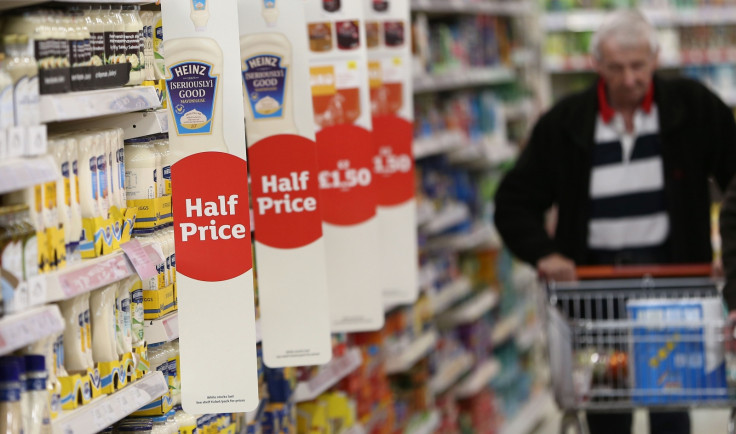UK consumer confidence plunges further amid rising inflation: Deloitte survey
The Consumer Tracker report revealed a slowdown in consumer spending.

UK consumer confidence dropped by 1 percentage point to -7% during the first quarter of 2017, according to the Consumer Tracker report published by financial services and consulting firm Deloitte.
Consumer confidence was previously estimated at -6% for the fourth quarter of 2016. However, the consistently negative trend is reported to be in line with the survey's three-year average.
The Consumer Tracker report also indicated a slowdown in consumer spending, with spending on discretionary items falling to -4% for the year's first quarter. However, spending for essential goods reported a robust figure of 12%.
"Since last summer's EU referendum consumer spending has held up well, but with inflation rising and nominal wage growth starting to slow, consumers are beginning to feel a squeeze on their disposable income", said Deloitte Chief Economist Ian Stewart.
"In March, the rate of inflation stood at 2.3%, above the Bank of England's 2% target and the highest in more than two years. There are already some signs that these pressures are contributing to a slowdown in consumer activity.
"Record levels of employment and low interest rates should help the UK avoid a sharp drop in consumer spending."
Ben Berkins, Deloitte's head of consumer research, also remarked that consumers, now with a lower disposable income, need to weigh the trade-off between reducing spending or increasing borrowing.
"Retailers and other consumer businesses will need to think carefully about their offerings to ensure they are targeting the right products and services to the right customers," Berkins further added.
The report was based on data from a survey of 3,000 UK customers, which was carried out between March 17 and March 20 2017.
The survey's findings are consistent with a previous PwC report, which projected a slowdown in the growth of consumer spending from 3% in 2016 to 2% in 2017.
Moreover, high street retailers are increasingly at risk of going into administration, possibly due to the unsustainable levels of debt-fueled consumer spending and its inability to keep up with rising inflation.
© Copyright IBTimes 2025. All rights reserved.





















